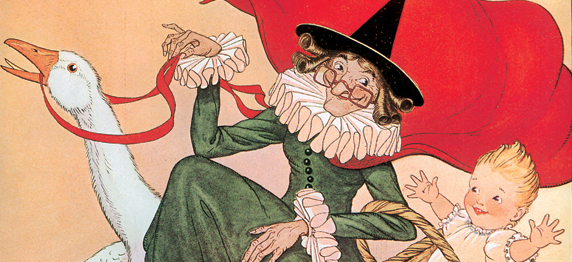
This week we conclude the Sefer {Book} of Shemos with Parshas Pekudai the accounting of materials used for the construction of the Mishkan {Tabernacle}.
The Ramban, at the beginning of the Sefer, described Shemos as the Sefer of Galus and GeulahExile and Redemption. With this he explains why Shemos began with the names of Bnei Yisroel {the Children of Israel} who went down to Mitzrayim {Egypt}, even though that information had already been given at the end of Breishis. He writes that Shemos, as the Sefer of Galus and Geulah, had to begin with the very beginning of the Galusthat descent to Mitzrayim.
As such, it follows that Shemos will end with the final stage of GeulahRedemption. There’s often a lot of confusion over what constitutes this redemption. Many would describe Geulah as leaving Mitzrayim, but that took place in the middle of Shemos. Others would say that it was receiving the Torah on Har Sinai {Mount Sinai} but that also took place in the middle of Shemos. Still others would maintain that the stage of redemption would only be reached when we’d enter Eretz Yisroel {the Land of Israel} but that doesn’t take place until long after Sefer Shemos.
If so, what was the true redemption that was reached at the end of Shemos?
The end of Pekudai tells what happened once the Mishkan had been erected and all the vessels had been positioned in their proper places: “And the cloud covered the Ohel Moed and the Honor of Hashem filled the Mishkan. [40:34]” The redemption was Hashem’s presence resting amongst Bnei Yisroel. That tangible presence of Hashem that had been seen and felt so clearly on Sinai was now a constant reality, traveling with them wherever they went.
Nowadays, we too can get a bit confused over what constitutes redemption. This past week I accompanied my highschool students on an overnight trip to Boston. On the way we stopped at the Touro Synagogue in Newport, Rhode Island. One sensed the foundation of religious freedom being laid when reading the resonating words written by George Washington in response to a letter sent to him by Moses Seixas, the warden of the congregation.
Washington wrote: The Citizens of the United States of America have a right to applaud themselves for having given to mankind examples of an enlarged and liberal policy: a policy worthy of imitation. All possess alike liberty of conscience and immunities of citizenship. It is now no more that toleration is spoken of, as if it was by the indulgence of once class of people, that another enjoyed the exercise of their inherent national gifts. For happily the Government of the United States, which gives to bigotry no sanction, to persecution no assistance requires only that they who live under its protection should demean themselves as good citizens, in giving it on all occasions their effectual support.
May the children of the Stock of Abraham, who dwell in this land, continue to merit and enjoy the good will of the other Inhabitants; while every one shall sit in safety under his own vine and figtree, and there shall be none to make him afraid. May the father of all mercies scatter light and not darkness in our paths, and make us all in our several vocations useful here, and in his own due time and way everlastingly happy. G. Washington
One felt a historical perspective of the great freedoms that we as Jews have enjoyed in the United States and have enabled us to flourish. At risk of getting a little too carried away with this American spirit, we continued on to Boston, contemplated the Holocaust Memorial and visited the colonial cemetery; home to many great people and also to the author of Mother Goose. At that point I began to reflect on the visits to cemeteries I had made during my years in Israel . . . Praying at the grave of Rav Yosef Karo, the author of Shulchan Aruch, for a clarity in halacha {Jewish Law}. Praying at the grave of the Arizal for a deeper understanding of Torah. Praying at the grave of Rabi Akiva to have the strength and exuberance to be willing to start again, no matter what one’s age might be. To be willing to see the good in even the darkest of moments. Those were the thoughts that were running through my mind as I stood at the grave site of Mother Goose . . .
We dare not confuse freedom with redemption. We dare not compare any place in the world to the Land of Israel. And I thank you, Mother Goose, for driving that point home in a very clear way.
Good Shabbos,
Yisroel Ciner
Copyright © 2003 by Rabbi Yisroel Ciner and Project Genesis, Inc.


